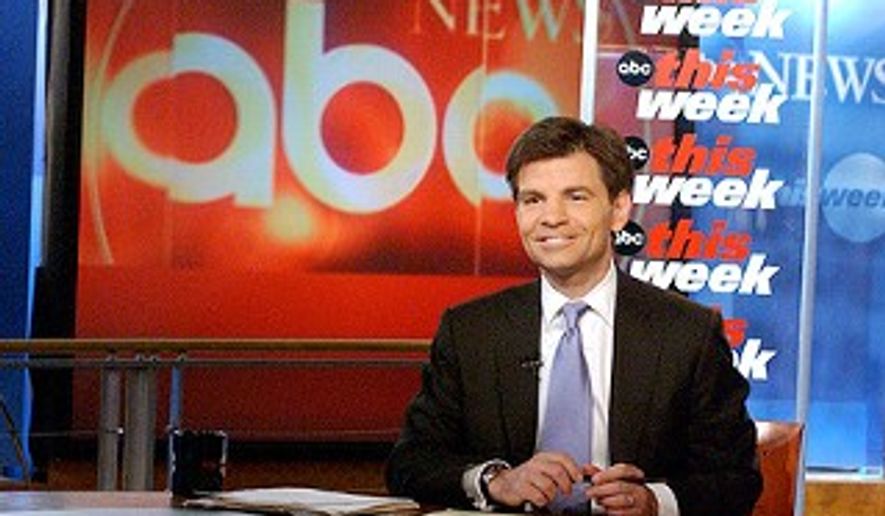OPINION:
Many Americans have moved beyond trusting anyone. They don’t trust businessmen and they don’t trust businesswomen. They think their bankers are out to cheat them, mistakes at the supermarket are always in the merchant’s favor, and the men and women they elect to represent them in Congress turn out to be spineless panderers more interested in their perks of office than in protecting the interests of those who send them to Washington. The democratic government passed down by the nation’s Founders has, in the eyes of the frustrated many, morphed into a bloated and incompetent bureaucracy.
Angry populists of the left and right argue that these are conclusions that reflect reality. This is an exaggerated view of what’s wrong, but real or not they’re conclusions based on what the public reads or hears from professional observers in whom they trust for facts and interpretation of those facts. A free press to get those facts is essential. That’s why the freedom of the press is guaranteed in the Bill of Rights, set out in the Constitution, and is crucial to the American political system.
The First Amendment prevents government from censoring, restricting or deciding what information can be transmitted through the press — which now includes television — and, while politicians and marketers work to manipulate, hold back or disguise facts they don’t want the public to know about, the system has worked well.
Ideally, editors and reporters present the facts, unvarnished, and the public makes decisions based on those facts. The reality is sometimes different, and it was ever thus. In the early days of the republic, Federalists and Republicans subsidized a vitriolic and highly partisan press, and only hundreds of publications large and small, some no more than handbills, gave individual citizens a choice of what to read and what to believe. Only competition could keep the conversation healthy.
In the current Wild West of the Internet, competition, often on the margins, still works. If television news, which is usually Entertainment News, and Internet news sites are often rants aimed at those on right and left who can’t or don’t think for themselves, they nevertheless offer more variety than anyone could have imagined possible only a decade or two ago. But most Americans still take their cues from “mainstream media.” Ideological or partisan diversity within the mainstream media is hard to find. The news in the mainstream is usually like the flotsam that rides the main streams, more alike than peas in a pod.
Reporters have become commentators and commentators have become advocates for points of view, and objectivity, which was always a goal rather than settled reality, has been sometimes dismissed altogether and readers and viewers have become skeptical of everything that isn’t what they want to read and hear. The revelation that ABC’s George Stephanopoulos has been exposed as a partisan posing as an journalist, and his network’s cooperation in the scheme, further frays the reputation of mainstream media.
Recent polling suggests just how frayed that reputation has become. Rasmussen Reports finds that 61 percent of likely voters say they don’t trust the information they get from the mainstream media. That’s an increase of 16 percent since October, and 23 percent say they won’t depend on the mainstream media for coverage of the presidential campaign next year. Sixty percent say facts will be slanted to a partisan point of view, and 36 percent say the coverage will be slanted to help Hillary Rodham Clinton.




Please read our comment policy before commenting.